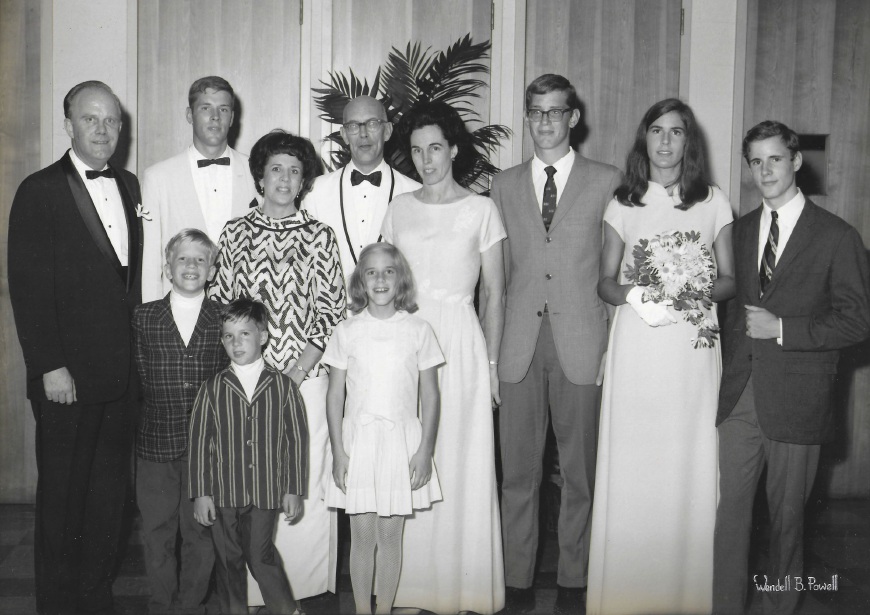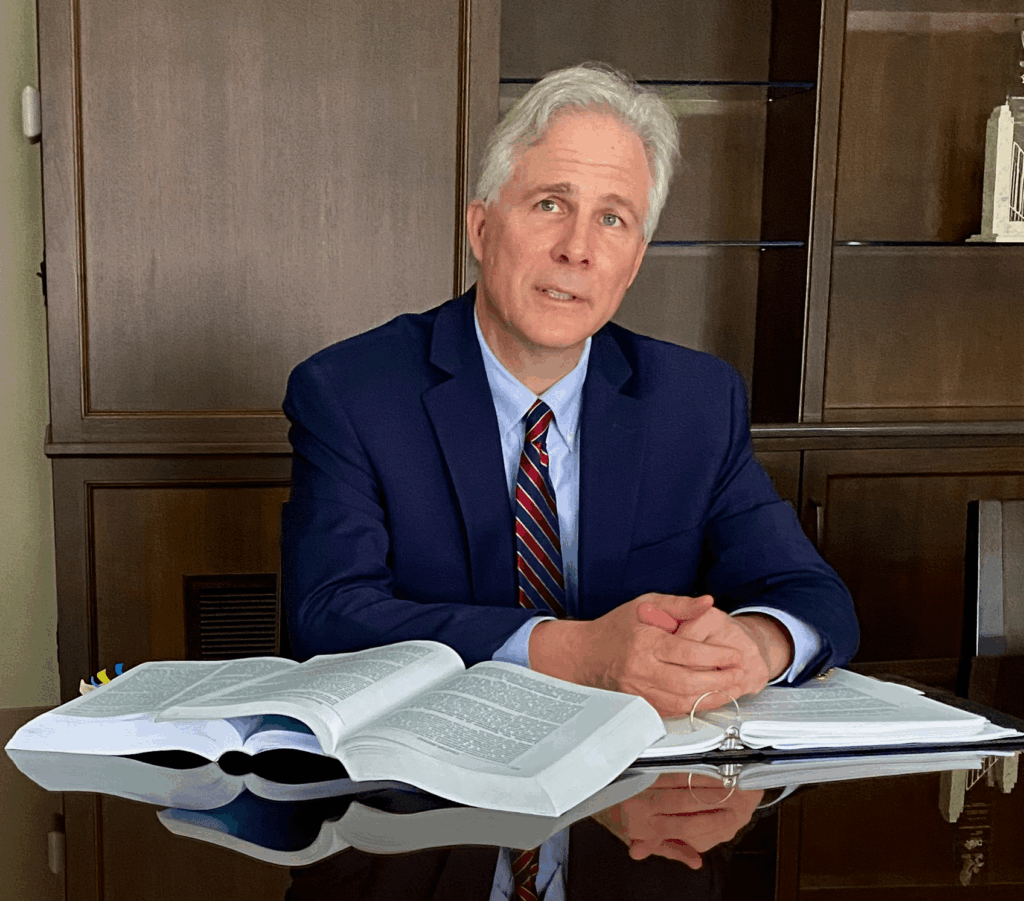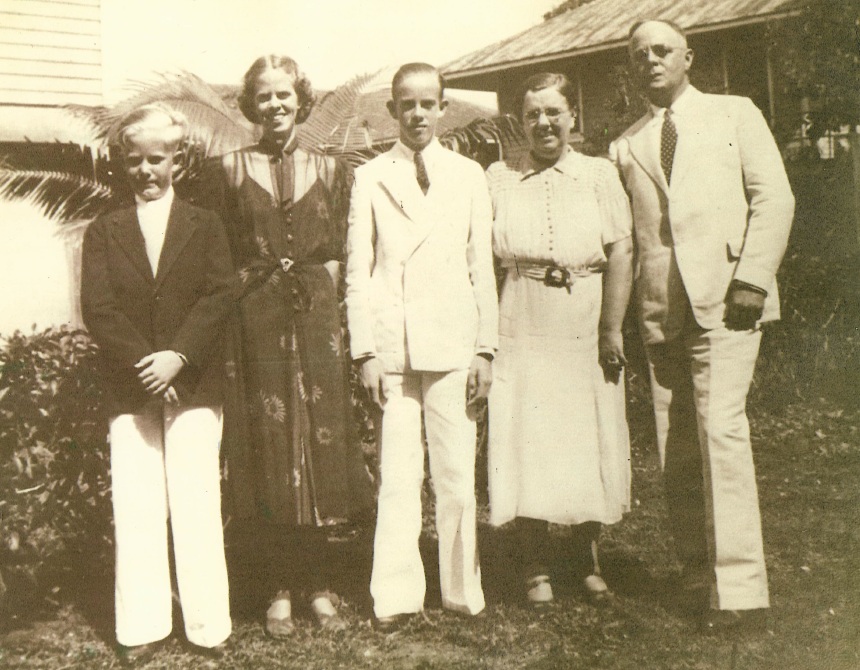Estate Planning and Trusts
What do Presidents Lincoln, Grant, and Garfield have in common with Pablo Picasso, Jimi Hendrix, and Prince?
They all died without wills!
Everybody needs an estate plan, even you! Death is a medical certainty, even for presidents, artists, millionaires, and rock stars. We live in an age of anxiety, but you can, to some extent, plan for your own death.
Estate Planning
An estate plan has several parts: your will, your financial power of attorney, your healthcare power of attorney, and perhaps a trust. In many cases, these documents need to be coordinated with those of your spouse. Yes, you could go to the internet, download form documents, and try to fill them out, but your family needs a qualified attorney to compose your estate plan.
Estate Planning is a big step, no matter how old you are. It forces you to think about how you wish to leave this world. As one wise ancient said, “Judge no man happy until you see how he dies.”


What Are the Steps for
Making and Estate Plan?
- Identify your assets, their nature and value, and how each could be transferred before or after your death. This search is comprehensive: from real estate to pension funds, vehicles, accounts, stocks and bonds, mutual funds, insurance, family business, intellectual property, jewelry, guns, and heirlooms.
- Designate beneficiaries at death for all financial accounts and insurance policies. Those in the financial industry will be glad to help you check your accounts for beneficiaries at death and change them if you so request.
- Determine who shall be the executor under your will to pay all bills and debts, sell and give away assets, and distribute the net proceeds of your estate to your chosen heirs. These choices are formalized in your Last Will and Testament.
- Appoint someone you really trust to handle money and property with Durable Power of Attorney. Be careful: more estates are plundered by those with power of attorney while someone is alive than by the executor of the estate of someone who is dead.
- Appoint someone to speak for you in case you are in an ambulance or hospital and cannot speak for yourself. This document is called an Advance Directive for Healthcare in Alabama but has other names such “Living Will,” Healthcare Proxy, or Medical Power of Attorney.
What do you believe
about death and dying?
A young Florida woman named Terri Schiavo went into cardiac arrest in 1990 and was left comatose for years, resulting in a dreadful legal battle over “pulling the plug” between her husband and her parents, which involved more than a dozen appeals and acts of both the Florida legislature and the U.S. Congress; she died in 2005. She had no advance directive for healthcare.
If you are in a serious accident, the hospital staff is in charge unless and until a family member can lawfully appear and take charge. By the time your family arrives at the emergency room, it is likely that you would already have a respirator in place as well as a feeding tube. My clients do not want their families to be told what to do by hospital staff while they are in dire straits. Somebody in your family needs to have an official document- a advance directive for healthcare, a.k.a. healthcare proxy, properly drafted, signed by you, and witnessed- setting forth these powers and wishes- or your wishes will remain unknown or ignored.
Likewise, if you have specific beliefs and instructions regarding your funeral and burial, it is likely best to write them into the funeral and burial contracts as well as your will. The more specific your written plans are in the funeral home contract, the cemetery contract, and your will, the easier it is on your family. I also give my clients a “Letter of Instruction” to fill out, which has answers to questions that come up during emergencies or death.


What about assets that are "outside the will" or "outside of probate?"
Many major assets such as life insurance benefits, 401(k)s, IRAs (“individualized retirement accounts”), and assets in trusts will be passed on by prior contract without any supervision of the probate court. Sometimes these assets can be transferred easily by a phone call and the filling out of forms. The biggest challenge in some cases is finding out what your deceased loved one actually had and where. In most cases, assets are transferred “outside the will,” such as retirement accounts- IRAs or 401(k)s- to a beneficiary named on the account itself.
Check each account you own or share and double-check those named as “beneficiaries at death.” Yes, it is possible that you have a forgotten account somewhere which names your least favorite relative or ex-relative as the primary beneficiary! Make sure you name more than one beneficiary, because if that one person dies, that account’s assets are going into your estate instead.
Why Have a Trust?
Since the Covid lockdown, my clients have less taste than ever for bureaucracies, courts, lawyers, and administrative agencies. Many of my clients’ children and heirs live out of town or out of state and do not have time or resources to haggle with estate administration. More and more of my clients want their heirs to avoid probating a will and administering it, if possible. Through a trust, you could, in many cases, pass all your property to your beloved heirs without probating your will. Creating a revocable trust is usually cheaper and less of a hassle than probating your estate through the courts.
Trusts are tricky, and a poorly written trust can cause serious trouble, so call an experienced lawyer to learn more. Many people dream of locking up their wealth so that neither Uncle Sam nor creditors could get it if disaster struck, but there are high costs to what is called an “irrevocable trust,” though they can be a game-changer. One of the most popular types of irrevocable trusts are special-needs trusts designed to support persons with disabilities without disqualifying them from public benefits such as Medicaid and SSI. Irrevocable trusts are also common vehicles in tax planning for high-wealth individuals. A “revocable trust,” on the other hand, is a popular vehicle for allowing your spouse to live in your house until she dies and then to pass on the house to your heirs without the hassle of courts. A revocable trust is not prohibitively expensive to set up or maintain.

More Services
Probating of Wills and Estate
Administration
Few things are more difficult than losing a close relative or friend. I buried my own mother in 2011 and my father in 2018. I have been married now for more than thirty years, and I cannot imagine life without my wife.

Real Estate and Property Law
With decades of experience in sales, transfers, title issues, zoning, permits, timber, trespass, nuisance, and environmental law, James Griffin is the property lawyer for you.
All Rights Reserved

